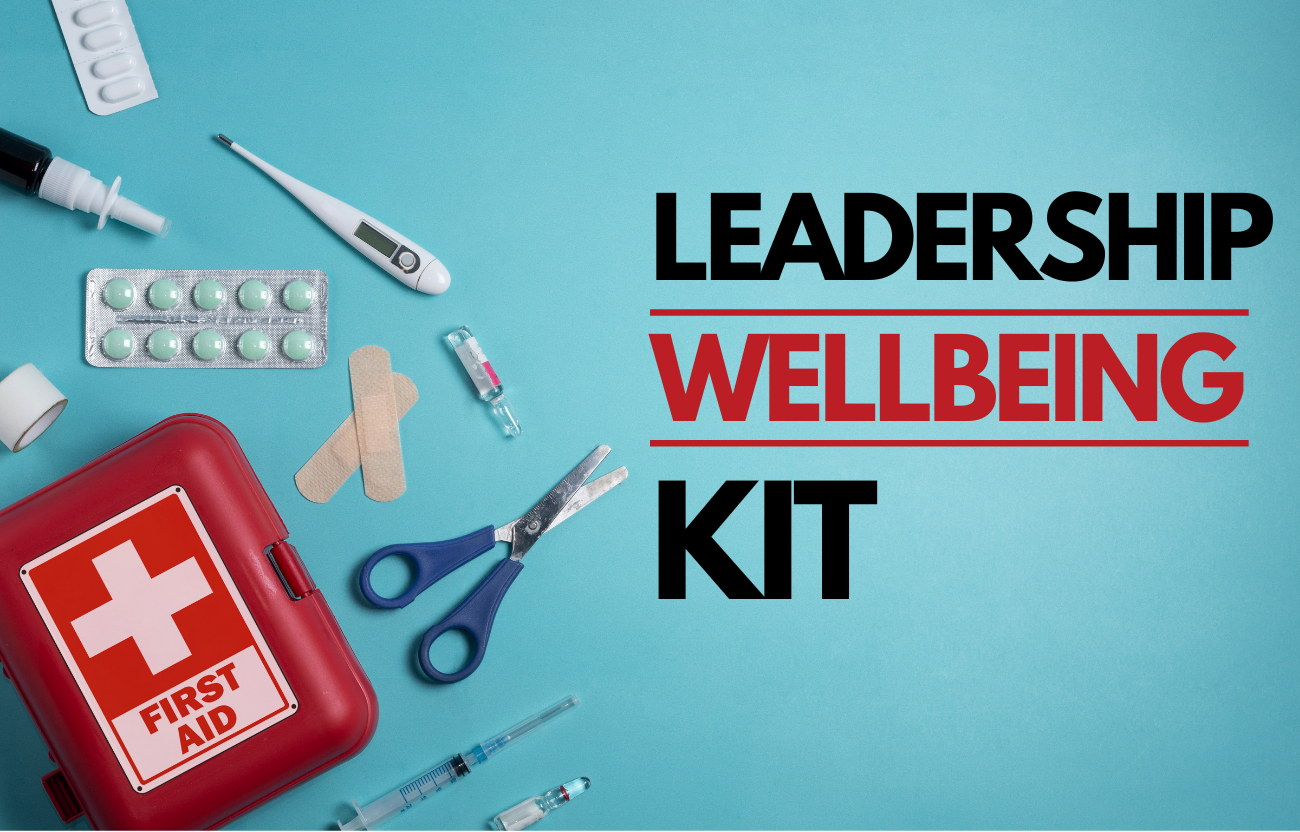My partner and I recently had a bit of a… disagreement. It wasn’t about the dishes or who took out the trash. It was about me and how much of myself I give to others. I’m a giver, and I always have been. If I have the knowledge, the resources, and the time – why wouldn’t I lend a hand? But my partner sees it differently. He sees people demanding too much of me, leaving me depleted. It turned out that this difference of opinion was linked to something deeper: our emotional intelligence.
You see, I believe in social responsibility. To me, it means being an active participant in the world around me, using my skills and resources to lift others up and contribute to a better future for everyone. It’s in my DNA. But my partner worries that this leaves me depleted, with nothing left for myself and, sometimes, even for him.
Interestingly, this difference in perspective mirrors our scores on the EQ-i 2.0 assessment. I scored quite high, while he landed on the opposite end of the range. This isn’t to say he’s not caring; he is. But our approaches to emotional intelligence, particularly in social responsibility, are vastly different.
EQ: The Bridge Between Personal and Social Responsibility
Emotional intelligence isn’t just about navigating workplace dynamics or acing that presentation. It permeates every aspect of our lives, including our personal relationships and how we engage with the world. Here’s how it plays out in the context of social responsibility:
- Self-Awareness: Understanding your own values, motivations, and limitations is crucial. Why do you feel compelled to help others? Where are your boundaries?
- Self-Regulation: This is about managing your emotions and impulses. Can you say “no” when you need to? Can you avoid burnout while still contributing to your community?
- Social Awareness: Empathy is key. Can you understand the needs and perspectives of others, even when they differ from your own? Can you recognize when your help is truly needed versus when it might be enabling?
- Relationship Management: This involves navigating social situations effectively, building strong relationships, and communicating your needs clearly. Can you have open and honest conversations with your loved ones about your commitment to social responsibility?
Bridging the Gap: Tips for Navigating EQ Differences in Relationships
So, how do we navigate this difference in EQ and approaches to social responsibility in our relationship? Here are a few strategies that have helped us:
- Open Communication: We’ve learned to communicate openly and honestly about our feelings and needs. This includes listening without judgment, setting boundaries, and expressing appreciation for each other’s efforts.
- Respecting Differences: We acknowledge and respect our different approaches to social responsibility. He understands my need to give, and I respect his need for boundaries.
- Developing EQ Skills: We both actively work on improving our emotional intelligence. This involves practicing empathy, active listening, and self-reflection.
EQ: Not Just for the Workplace
It’s important to remember that EQ isn’t just a valuable skill for the workplace; it profoundly impacts our personal lives. It influences our relationships, our communication styles, and our ability to navigate the complexities of human interaction.
By understanding and developing our EQ, we can build stronger relationships, communicate more effectively, and create a more fulfilling life for ourselves and those around us. And that, to me, is the true essence of social responsibility.


